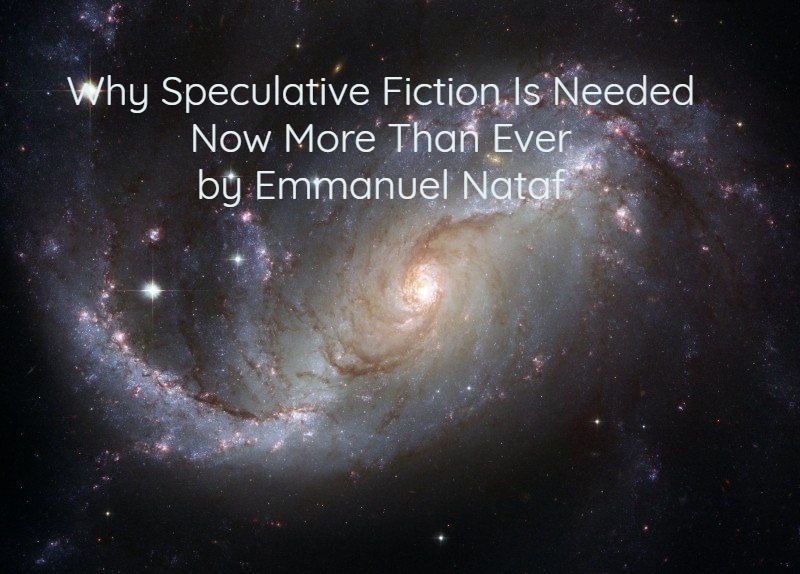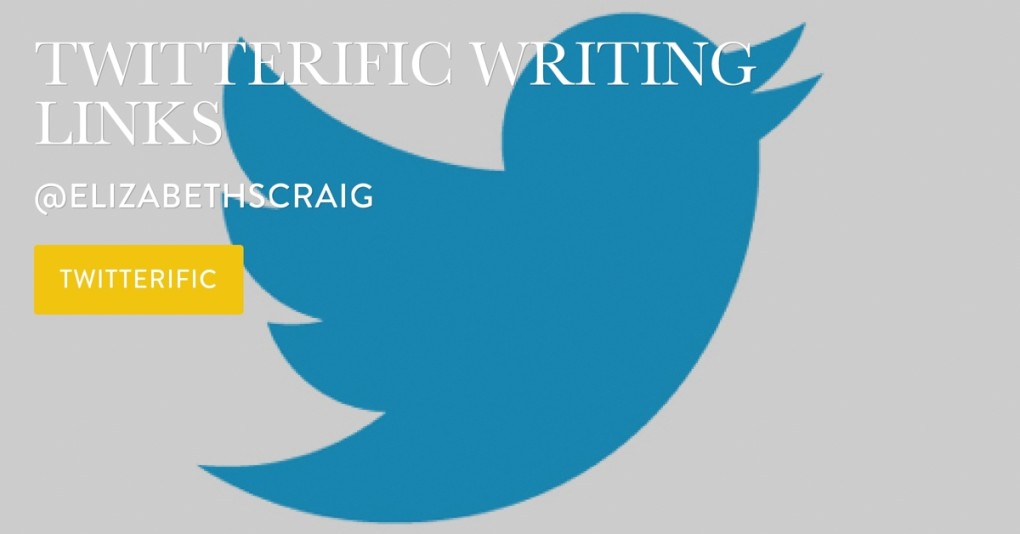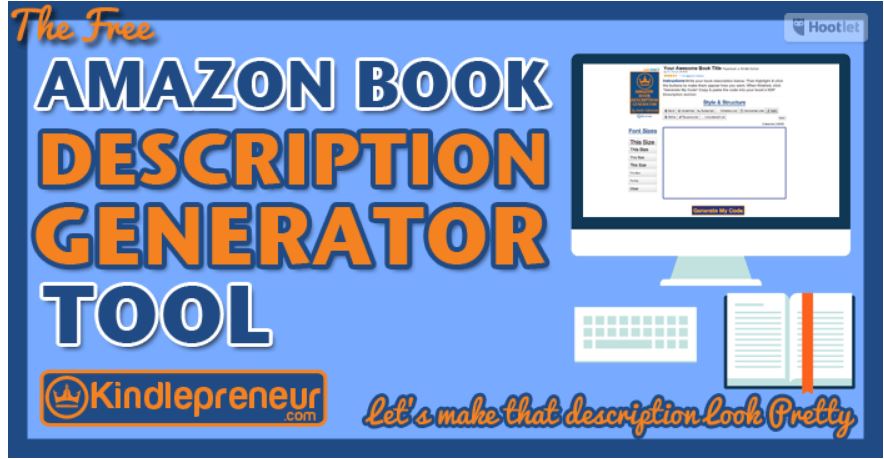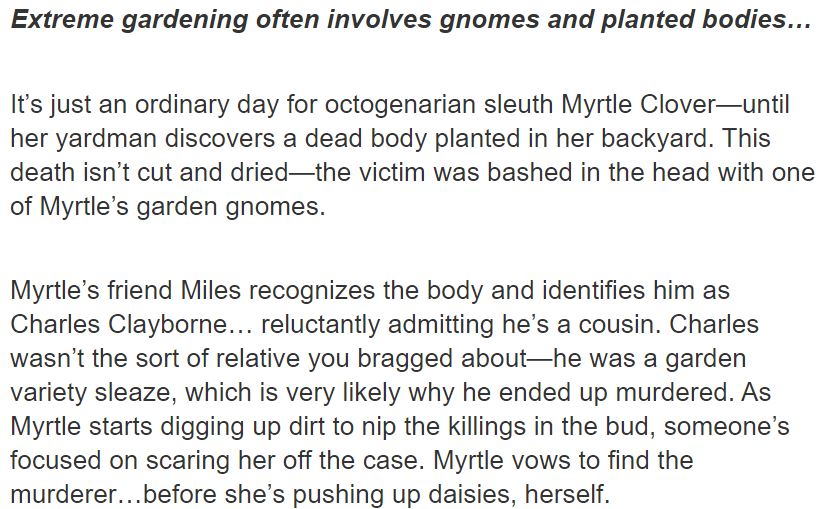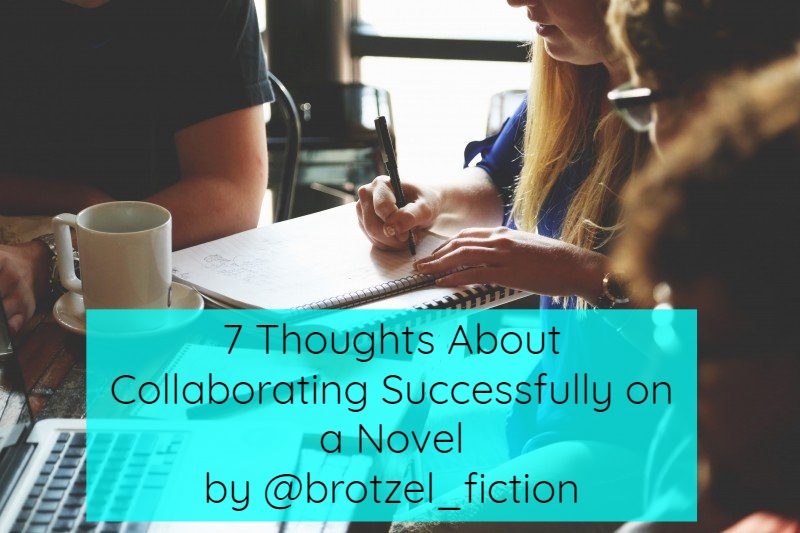by Emmanuel Nataf, @EmmanuelNataf
When people think of speculative fiction, they might conjure images of sentient robots, talking dragons, dystopian societies, supernatural beings, elaborate subplots, and other staples of the stories that can be classified as “speculative.”
But speculative fiction is also an important place to explore social, political, and economic issues. The loose boundaries of the genre allow authors to address those issues and ask “what if?” — resulting in worlds different from our own in significant and specific ways, which often reflect or comment on aspects of actual society.
Now, with technology progressing so quickly (and leading to rapid social and ethical changes and dilemmas), it’s critical to use speculative fiction as a means of thinking about the future. Here’s why speculative fiction is needed now more than ever.
It can question the status quo and imagine how society could function differently
Nichelle Nichols is the actress who first played Lieutenant Uhura on Star Trek — a groundbreaking role because she was one of the first black women to be featured in a major television series. During the first year of the series, Nichols was tempted to leave the show to pursue a career on Broadway. But none other than Martin Luther King Jr. convinced Nichols to stay, urging her to recognize how her role on Star Trek provided a role model for black children and women who were sorely lacking any public representation.Continue reading

